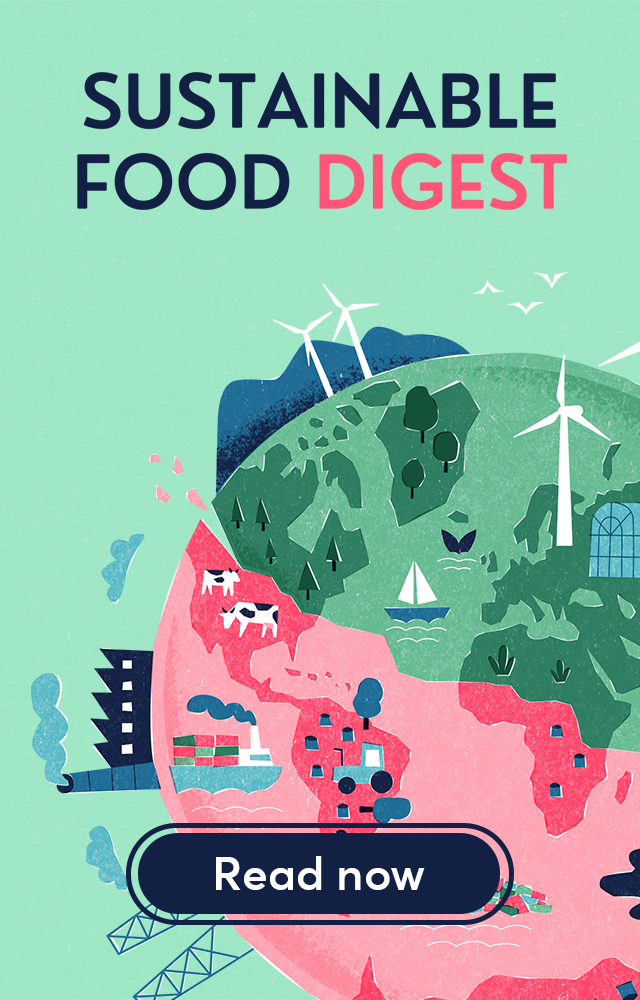CCEP supports research into using captured CO2 in plastic packaging production

Soft drinks company Coca-Cola Europacific Partners (CCEP) is investing in new research which will investigate using captured carbon dioxide (CO2) in the manufacturing of plastic packaging materials.
The three-year project, being carried out by researchers at Swansea University, will focus on developing a new technology which uses CO2 captured from the atmosphere in the production of ethylene.
Ethylene is a key element in plastic products such as high-density polyethylene (HDPE) which is widely used to make plastic bottle tops.
It is hoped the new technology will allow fossil fuels, which are used as feedstocks in ethylene production, to be replaced with captured CO2 and offer plastic packaging manufacturers a more sustainable solution.
The research is being funded by CCEP’s innovation investment group, CCEP Ventures.
Craig Twyford, Head of CCEP Ventures, said in a statement: “We’re incredibly excited about the potential of this research. We know that making our packaging materials more sustainable is key to decarbonising our business, and technology will play an important role in helping us solve this challenge.
“Through Ventures, we are committed to seeking out and funding solutions that will build a better future for our business, communities and the planet. If scaled, this technology could impact both our fossil fuel use and carbon emissions and help to accelerate a low-carbon future for CCEP.”
Professor Enrico Andreoli, Head of Chemical Engineering at Swansea University and Principal Investigator of the project, added: “We’re really thrilled to be working with CCEP to develop next-generation carbon dioxide utilisation technology. We take a practical approach in our research focusing specifically on sustainable applications, and fossil-free ethylene production is certainly a key one.
“We build upon our strong background and expertise in carbon dioxide conversion and with the support of CCEP Ventures, our common goal of delivering low-carbon sustainable plastic can become a reality.”
Researchers will first work to develop an efficient and productive method for converting CO2 into ethylene before looking into the possibility of scaling up the technology.
There is a growing interest in developing more sustainable solutions for packaging in F&B. A survey released earlier this month by Industrial Physics shows sustainability is a top driver for innovation for global food packaging professionals, with 43% saying reducing the use of plastic is a top priority for investment.









